2020: Top Ten Ocean News Stories
1. Sea Save and 159 organizations unite for ocean climate action
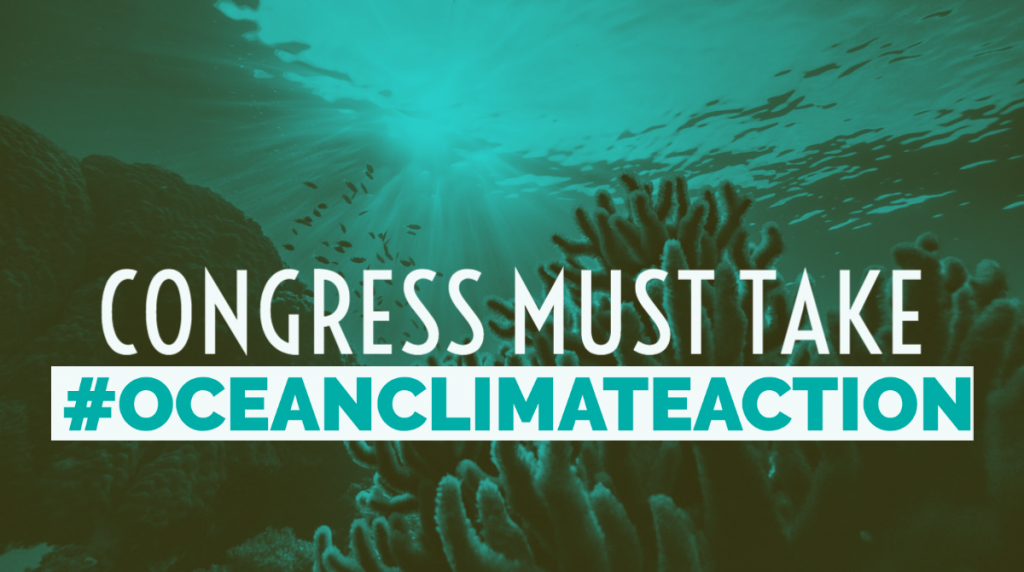
Sea Save Foundation has been working for twenty years to protect ocean futures. To be successful we need to educate the general public as well as local and international decision-makers about marine biology, current challenges and we must present economically feasible solutions. Sea Save Foundation is proud to join 150 other organizations in support of the Ocean-Based Climate Solutions Act that will leverage the ocean in the fight against climate change.
Read more in “It’s Your Ocean”
2. Climate change could wipe out all coral reef habitat within decades via CBS News – Renée Setter (Sea Save Communications Director Emeritus)
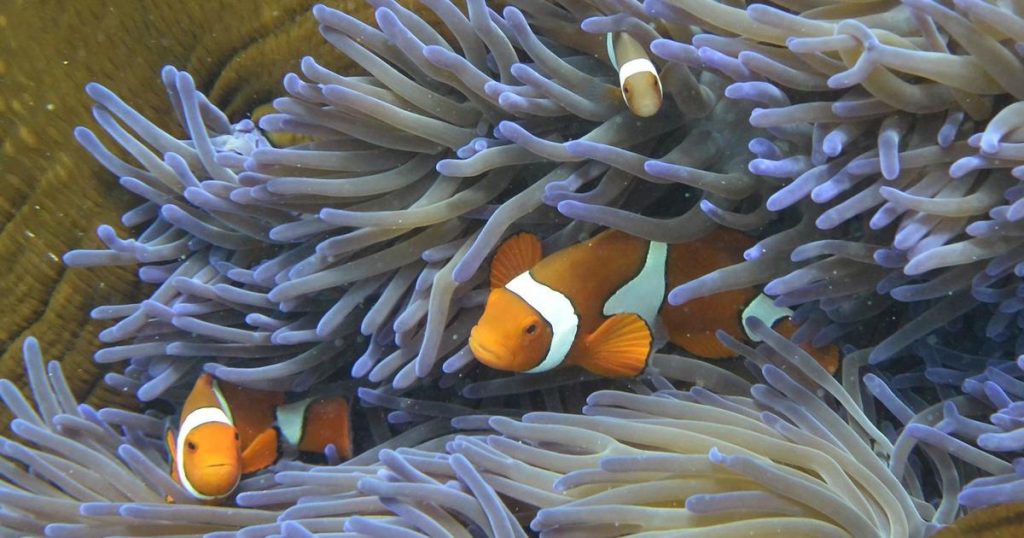
In the blink of a geological eye, more than 50% of the world’s coral reefs have disappeared — wiped out by factors like warming waters, pollution, and overfishing — all within the past few decades. That in itself is disturbing, but new research reveals an even more distressing finding: virtually all of the coral reef habitat on Earth is likely to vanish by the end of this century. “By 2100, it’s looking quite grim,” said Renee Setter, a past Communications Director at Sea Save and currently a biogeographer at the University of Hawaii Manoa. She presented the new findings at a conference on ocean sciences this week.


5. Florida SB 680 – Shark fin ban is signed into law
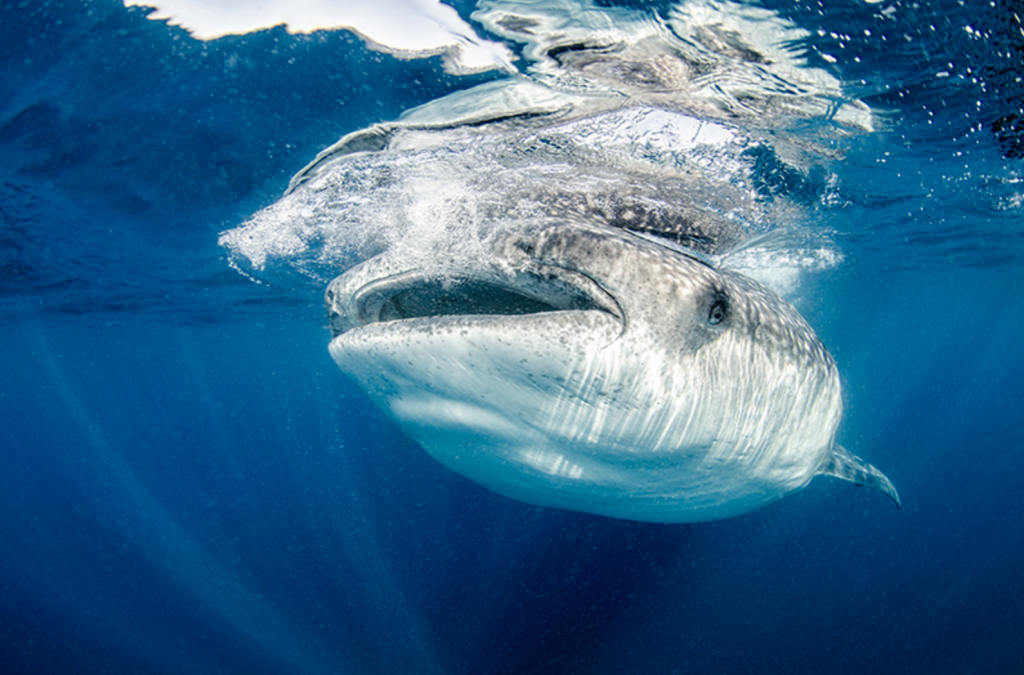
Florida SB 680, a Shark Fin Ban Bill, was signed by the governor and is now law in the Sunshine State This is a game-changer because Florida had become the shark fin trade hub of the United States. Kristin Jacobs introduced SB 680 to the Florida House of Representatives on October 28th, 2019. SB 680 is a great victory, but it came with a cost. The bill was diluted due to the successful efforts of a strong fishing lobby. We had the option to abandon the bill but strategically decided to take this opportunity to begin strengthening shark conservation in Florida. But we will not rest until the senseless and unsustainable shark fin practice has been stopped completely.
Editorial Comment: One of Sea Save Foundations’ high profile efforts. This included an email campaign directed towards congressional decision-makers.
Read more in Sea Save Foundation
6. Possession, sale, trade, and distribution of shark fins now illegal in New Jersey
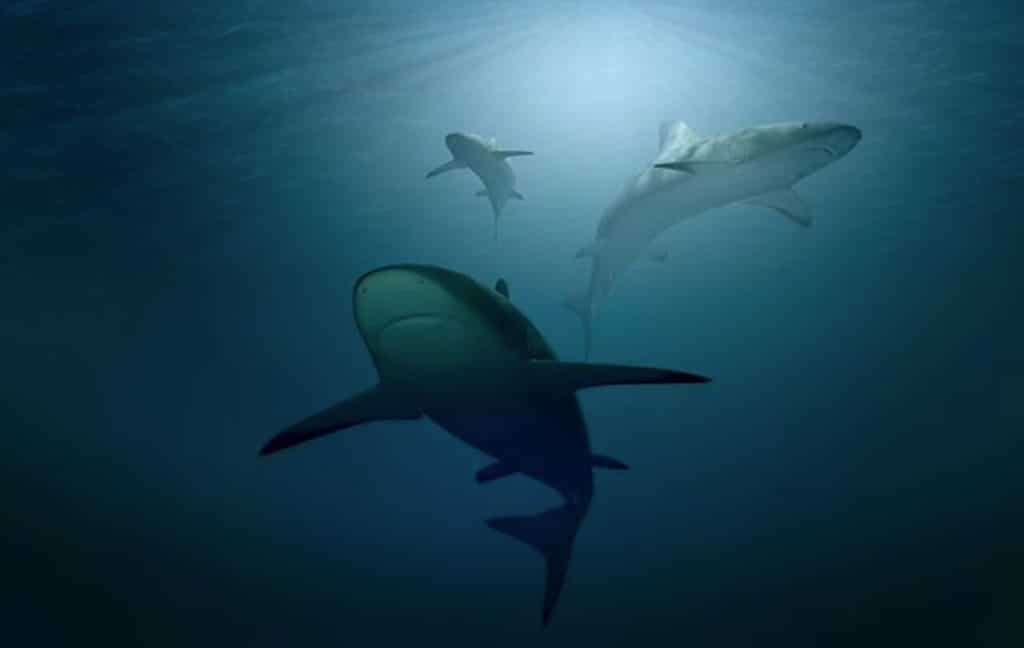
Governor Phil Murphy signed S2905, which will prohibit the sale, trade, distribution, or offering for sale of shark fins, as well as the possession of any shark fin that is separated from a shark that is caught and released. The law will prevent the highly cruel practice of separating shark fins from sharks and releasing them back into the water. “Shark fins are often obtained in a very inhumane manner that causes much suffering to the animal,” said Governor Murphy. “I am proud to sign this law that will prevent the catch and release of sharks for the purpose of cutting off their fins.” New Jersey also shot down an 18-month effort to pass one of the nation’s most stringent sets of regulations to ban retail store bags, foam food containers, some utensils, and plastic straws appeared late Monday to fizzle out at the legislative deadline, with only one house voting on the measure.
Editorial Comment: One of Sea Save Foundations’ high profile efforts. This included an email campaign directed towards congressional decision-makers.
Read more in Official Site of the State of New Jersey
7. Single-use plastic: China to ban bags and other items
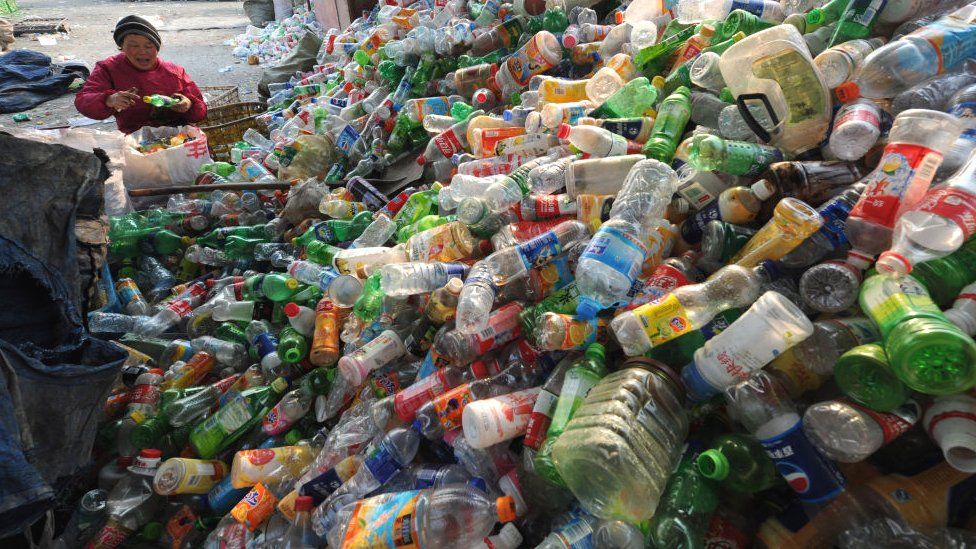
8. Chinese paddlefish, freshwater giants up to 23 feet long, declared extinct
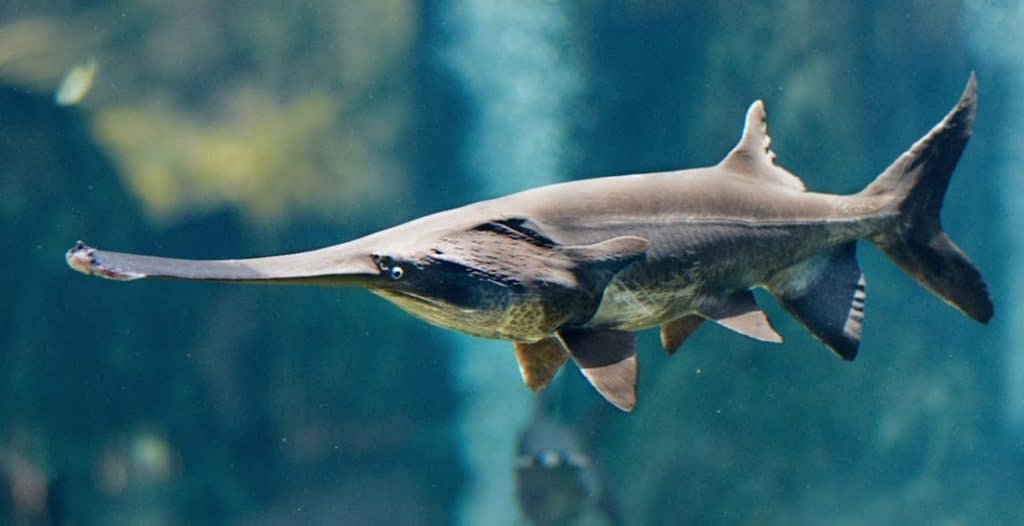
Humanity has driven the Chinese paddlefish, one of the world’s largest freshwater species, to extinction, according to a new study. The Chinese paddlefish (Psephurus gladius) lived in the Yangtze River in China and could grow up to 23 feet long. The last known sighting of the species, named for its long, paddle-like snout, was in 2003, Mongabay reports. There is one other living species of paddlefish, native to North America. “Given that the Chinese paddlefish was one of the two extant species of paddlefishes, loss of such unique and charismatic megafauna representative of freshwater ecosystems is a reprehensible and an irreparable loss,” Qiwei Wei, co-author of the study, told Mongabay.






